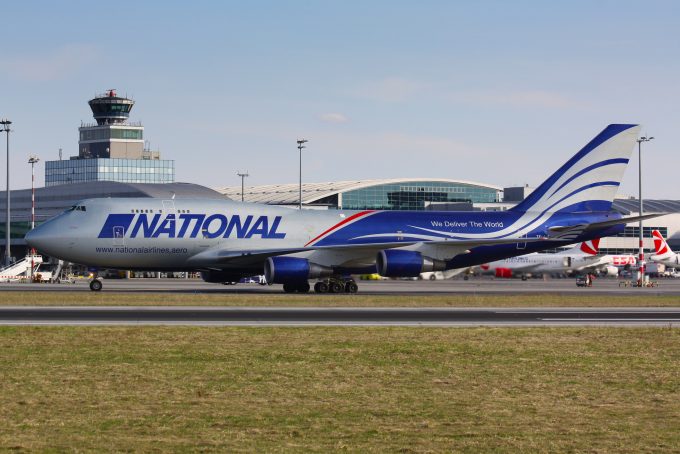Maersk appoints John Wetherell to head its global airfreight forwarding
Maersk has appointed John Wetherell (above) as its global head of airfreight forwarding. It is ...

Suppliers to National Air Cargo which were paid around the third quarter of 2014 may have to brace themselves for a bill and a court summons.
In a flurry of litigation, NAC creditors are seeking repayments from more than 30 companies throughout the supply chain and have accused the airline group of “fraudulently” paying American Express travel bills, claiming they were for personal use and not the benefit of the company.
In court documents submitted over the past week, the unsecured creditor group of National Air Cargo, which filed for Chapter 11 bankruptcy in October 2014, is attempting to recover money from forwarders, carriers – both air and sea – shippers and suppliers.
The most recent application, submitted yesterday, reveals hat NAC paid American Express $3.6m between 2012 and when it filed for Chapter 11.
It states: “The committee is informed, and believes, that all of the fraudulent transactions were made on account of the personal obligations of insiders of the debtor [National], not obligations of the debtor to defendant [AmEx]…”
It also says the group intends to add a further four years-worth of payments to the complaint when it has the details, and alleges National saw no benefits from the payments.
While this may be the only accusation of “fraudulent” behaviour, the creditors are chasing monies from many places. The Department of Defense, for example, is being chased for $81,000, Atlas Air is named as being paid $955,000, while Universal Logistics Solutions received $200,000.
Others include SilkWay, Pacific Air Cargo, United, Kalitta, Heavyweight Air Express, Delta, CAS – the list goes on and includes shipping lines. Maersk Line is down for $914,000 – however, in August, Maersk sued National for non-payment of $700,000 for ocean transport services.
The cases state that within 90 days before the Chapter 11 petition date, National transferred money to the companies in question, enabling them to receive more than they should under the bankruptcy code, and that they should be entitled to recover the money.
The cases continue.
Comment on this article